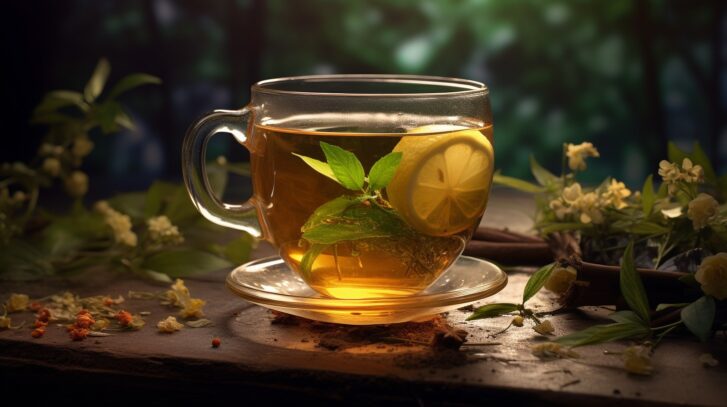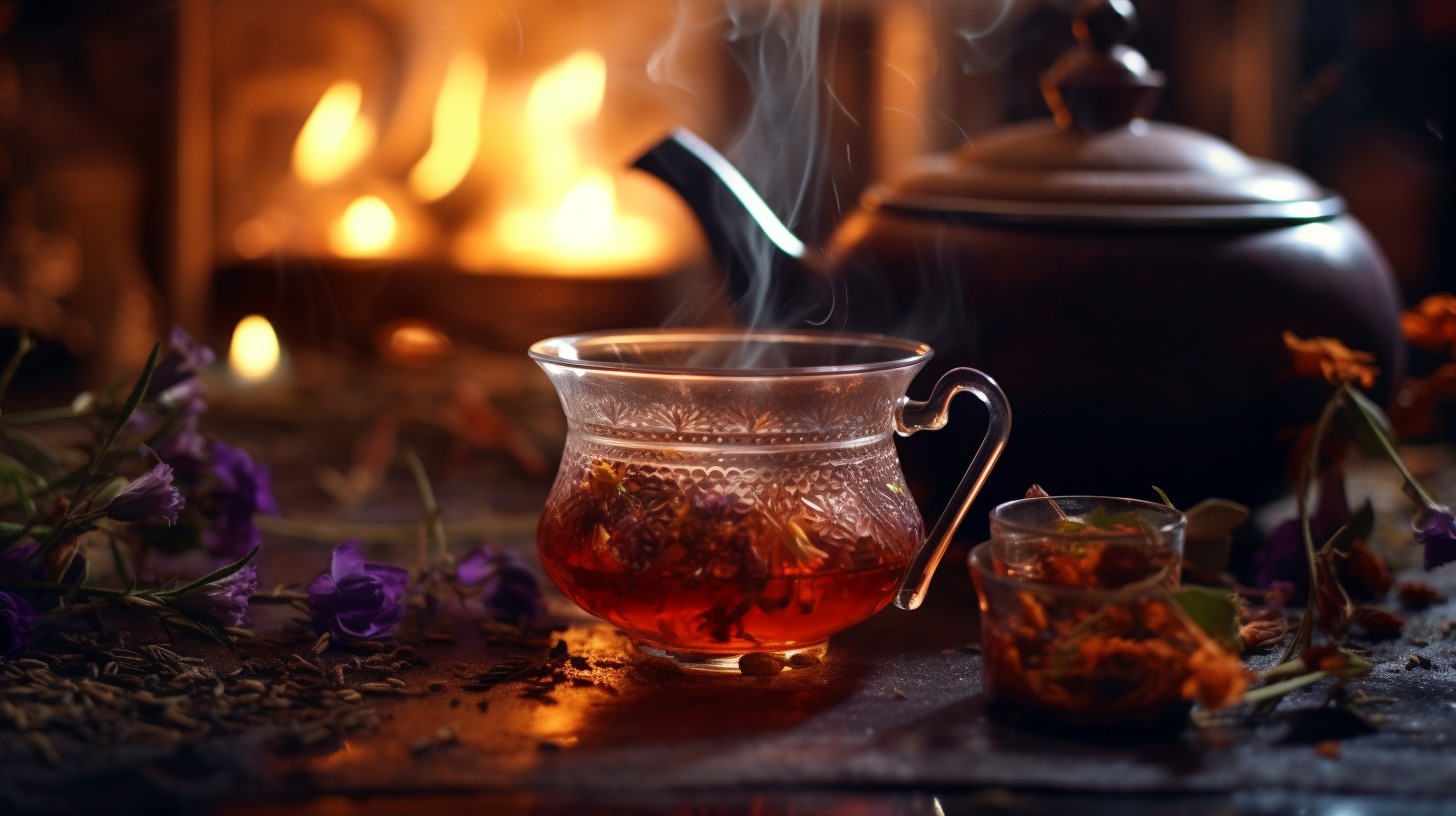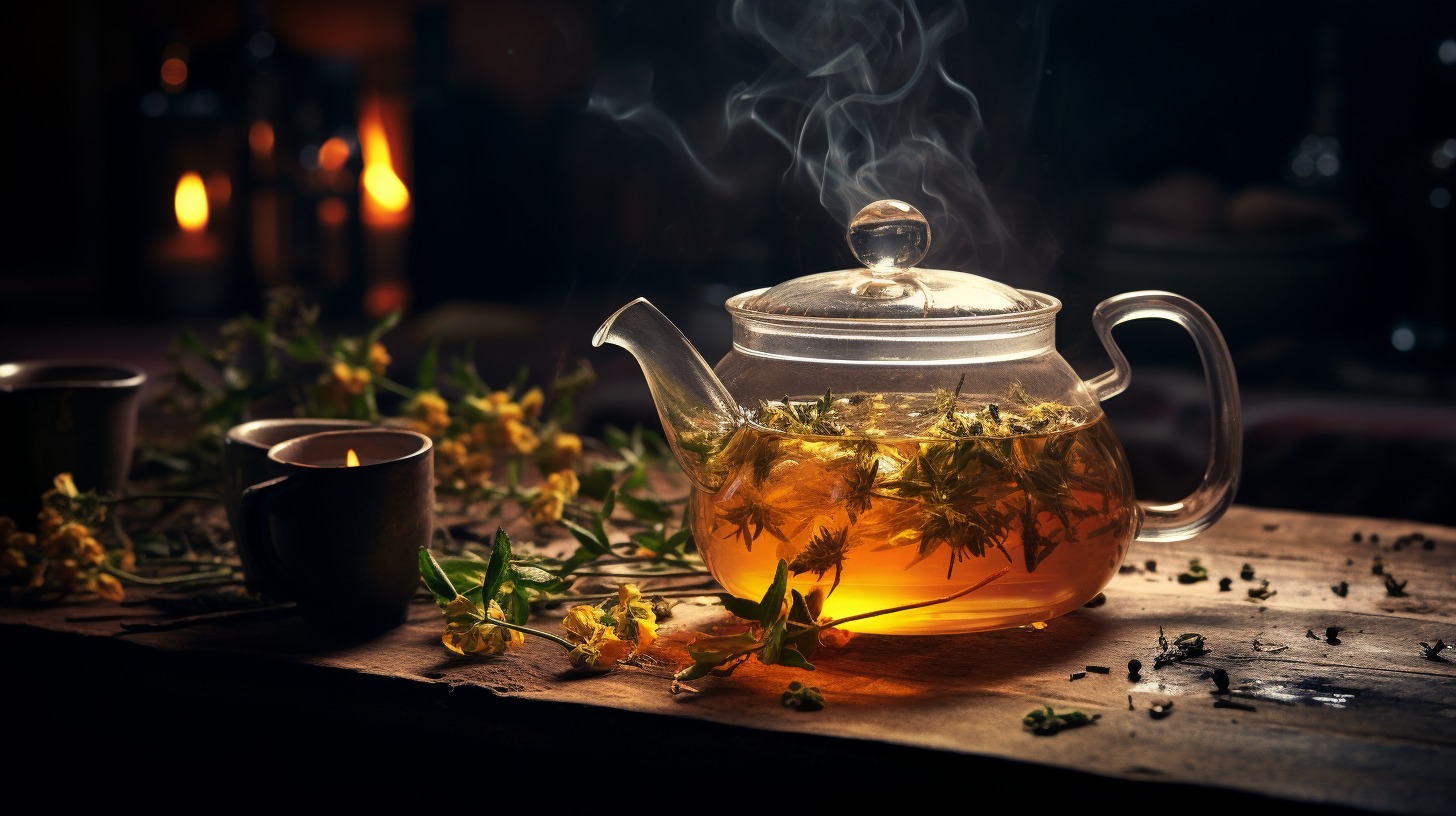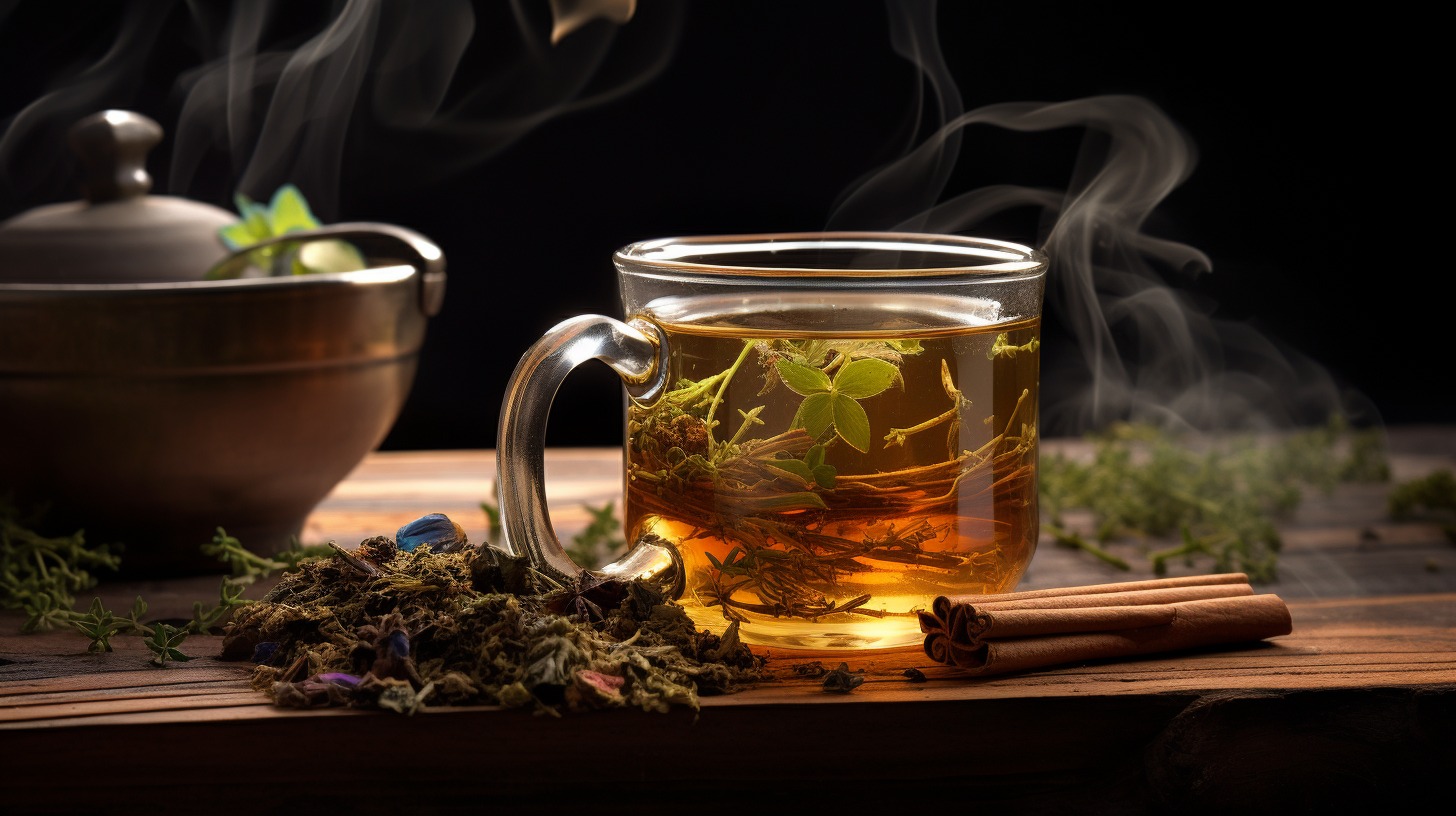Greetings, dear readers. I am Dr. Emma Richardson, and I am thrilled to welcome you to a world where the power of literature meets the profound realm of mental health. For over 12 years, I have immersed myself in the field of clinical psychology and education, dedicating my life to unraveling the complexities of the human mind. Today, I stand before you as a passionate advocate and expert in mental health literature and educational materials.
I have witnessed the transformative potential that well-crafted books and resources hold. They are not mere words on pages; they are beacons of hope, sources of enlightenment, and allies on the path to better mental well-being. My mission? To curate and review these literary treasures, guiding you towards resources that will enhance your understanding, foster self-awareness, and promote the practice of mental health.
Join me in this exploration of the written word as we bridge the gap between academic research and accessible resources. Let’s make mental health education approachable, comprehensible, and empowering for everyone.
Herbal Tea Varieties
Herbal tea comes in a wide range of flavors and varieties, each crafted from different plant sources. Some of the most popular herbal teas include:
- Chamomile Tea: Chamomile flowers steeped in hot water create a mild, soothing tea known for its calming properties.
- Peppermint Tea: Peppermint leaves yield a refreshing and invigorating herbal tea that is widely enjoyed for its minty flavor.
- Ginger Tea: Made from fresh ginger root or ginger powder, this tea is known for its spicy and warming qualities, often used to soothe digestive discomfort.
- Lavender Tea: Lavender buds impart a floral and slightly sweet flavor to this herbal tea, which is favored for relaxation and stress relief.
- Hibiscus Tea: Hibiscus flowers create a vibrant red tea with a tart flavor profile, often praised for its potential health benefits.
- Rooibos Tea: Rooibos, also known as red bush tea, is made from the leaves of the South African Aspalathus linearis plant and has a naturally caffeine-free, earthy taste.
- Lemongrass Tea: Lemongrass leaves make a fragrant and citrusy herbal tea that is both refreshing and caffeine-free.
Now that we’ve established the diverse array of herbal teas let’s delve into the caffeine question.
The Caffeine Content Dilemma
Why Is Caffeine a Concern?
Caffeine is a natural stimulant found in various foods and beverages, including coffee, traditional tea, and some soft drinks. It’s known for its ability to enhance alertness and provide a temporary energy boost. However, excessive caffeine consumption can lead to adverse effects, such as insomnia, jitteriness, and increased heart rate. This is why some individuals seek caffeine-free alternatives, including herbal tea.
Herbal Tea: A Caffeine-Free Choice
The main reason herbal tea is a caffeine-free choice lies in its ingredients. Since herbal teas are crafted from various plant materials other than Camellia sinensis leaves, they inherently lack caffeine. Instead, they offer a unique blend of flavors and potential health benefits without the stimulating effects of caffeine.
However, it’s important to note that some herbal teas may be blended with true teas or contain caffeine as an added ingredient. To ensure you’re enjoying a caffeine-free herbal tea, it’s advisable to read the label or check with the manufacturer. Finding the best tea for anxiety, or any other condition of this sort, can be a quite rewarding experience.
The Exception: Yerba Mate
While most herbal teas are naturally caffeine-free, there is an exception to this rule – yerba mate. Yerba mate is a traditional South American beverage made from the leaves of the Ilex paraguariensis plant. It does contain caffeine, albeit at lower levels compared to coffee or traditional tea. Yerba mate is known for its earthy and slightly bitter flavor, as well as its potential health benefits.
If you’re specifically looking for a caffeine-free herbal tea, it’s best to avoid yerba mate and opt for other herbal varieties.
Decaffeinated Herbal Tea: Is It an Option?
If you enjoy the flavors and relaxation that herbal teas offer but are sensitive to caffeine, you may wonder if decaffeinated herbal tea is available. The answer is yes, but with some considerations.
Decaffeinated Herbal Tea Process
Decaffeinated herbal tea is produced through a decaffeination process that removes caffeine from the tea leaves or ingredients. The most common methods for decaffeination include solvent-based, carbon dioxide (CO2) extraction, and water processing. These methods aim to extract caffeine while preserving the flavor and beneficial compounds of the herbs used.
| Decaffeination Method | Description | Benefits | Considerations |
|---|---|---|---|
| Solvent-Based | This method involves immersing tea leaves or ingredients in a solvent (usually ethyl acetate or methylene chloride) to dissolve and extract caffeine. The solvent is then separated, and the tea is steamed to remove any remaining solvent residues. | – Efficient in removing caffeine | – Potential concerns about residual solvents, although strict regulations and quality control minimize this risk |
| Carbon Dioxide (CO2) Extraction | In CO2 extraction, carbon dioxide is used as a natural solvent. High-pressure and low-temperature conditions are applied to create supercritical CO2, which selectively removes caffeine. The CO2 is then depressurized, returning to its gaseous state and leaving behind decaffeinated tea. | – No chemical residues or health concerns – Preserves the tea’s flavor and aroma | – Requires specialized equipment, making it a costlier method |
| Water Processing | Water processing, also known as the Swiss Water Method, involves soaking tea leaves or ingredients in water to create a caffeine-rich extract. This extract is then passed through activated charcoal filters to remove caffeine while retaining the tea’s flavors. | – No chemicals used, making it an environmentally friendly option – Minimal impact on flavor and aroma | – The process may remove some desirable compounds along with caffeine – Can be less efficient in removing caffeine compared to other methods |
Choosing Decaffeinated Herbal Tea
When shopping for decaffeinated herbal tea, be sure to check the product label for the “decaffeinated” or “caffeine-free” designation. This ensures that the tea has undergone the decaffeination process and is safe for those seeking a caffeine-free option.
It’s worth noting that while decaffeinated herbal tea is caffeine-free, the decaffeination process may affect the flavor profile slightly. However, many people find that the taste remains enjoyable and that the benefits of a caffeine-free option outweigh any minor flavor changes.
Herbal Tea Benefits Beyond Caffeine
Relaxation and Stress Relief
One of the primary reasons people turn to herbal tea is for its potential relaxation and stress-relief benefits. Getting cozy on your favorite sofa and drinking tea is a great way to give yourself a break and relax. Herbal teas like chamomile, lavender, and valerian root are known for their calming properties. They can help reduce anxiety, promote better sleep, and create a sense of tranquility.
Similarly, incorporating mindful practices, such as those found in certain self-compassion exercises, can further enhance this tranquility, offering a holistic approach to relaxation.
Digestive Aid
Herbal teas have long been used to aid digestion. Ginger tea, for instance, is renowned for its ability to soothe nausea and alleviate digestive discomfort. Peppermint tea is another popular choice for its digestive benefits, helping to relieve symptoms of indigestion and bloating.
Antioxidant Properties
Many herbal teas are rich in antioxidants, which are compounds that help protect the body from oxidative stress and free radicals. Hibiscus tea, in particular, is packed with antioxidants and has been associated with potential health benefits such as supporting heart health and lowering blood pressure.
Natural Remedies
Herbal teas are often used as natural remedies for various ailments. For example, eucalyptus tea is used to relieve symptoms of colds and congestion, while nettle tea is believed to alleviate allergy symptoms. These natural remedies offer an alternative to over-the-counter medications for those who prefer a holistic approach to health.
Brewing Herbal Tea: Tips for Maximum Flavor
To fully enjoy the flavors and potential health benefits of herbal tea, it’s essential to brew it correctly. Here are some tips for brewing the perfect cup of herbal tea:
- Use Fresh, Filtered Water: Start with high-quality water to ensure a clean and pure flavor. Avoid using water that has been sitting or has an unpleasant taste.
- Choose the Right Temperature: Unlike true teas, which require specific water temperatures, herbal teas are generally forgiving. Boiling water is suitable for most herbal teas, but if you want to be precise, you can refer to the specific temperature recommendations on the tea packaging.
- Measure Properly: Use the recommended amount of herbal tea leaves or tea bags for your desired strength. Typically, one teaspoon of dried herbs or one tea bag per cup of water works well.
- Steep Mindfully: The steeping time varies depending on the type of herbal tea you’re brewing. Follow the instructions on the packaging for the best results. Oversteeping can sometimes lead to a bitter taste.
- Cover While Steeping: To preserve the volatile oils and flavors, cover your tea while it’s steeping. This will help trap the aromatic compounds and prevent them from evaporating.
- Sweeten to Taste: If you prefer a sweeter taste, you can add honey, sugar, or other sweeteners. However, many herbal teas are naturally sweet and don’t require added sugar.
- Experiment with Blends: Feel free to experiment with different herbal tea blends to discover unique flavor combinations that suit your palate.
The Bottom Line on Herbal Tea and Caffeine
As we draw the curtains on this journey through the world of mental health literature and educational materials, I am filled with a sense of purpose and hope. My years of experience as a clinical psychologist and educator have taught me that knowledge, when shared, has the power to transform lives. It is my fervent belief that through literature and resources, we can find solace, guidance, and the tools to navigate the labyrinth of our minds.
My commitment to you, dear readers, is unwavering. I will continue to sift through the vast sea of mental health materials, ensuring that you have access to the most valuable insights and guidance available. Together, we will bridge the gap between academia and accessibility, making mental health education not only approachable but also an integral part of our lives.
Thank you for joining me on this enlightening journey. Let us remember that the pages of a book or the pixels on a screen can hold the keys to unlocking our inner resilience, understanding, and strength. May you find the resources you seek and the wisdom you need to embark on your own personal journey to well-being.
Related Posts:
- What Is Dual Diagnosis: Unveiling the Truth Behind…
- Drinking Yogi VS Tiesta Tea in 2024 - A Wild Battle!
- Benefits of Rose Tea: Sip Your Way to Better Health
- How Many Valence Electrons Does Magnesium Have? How…
- How Many Neutrons Does Magnesium Have? Find Out How…
- How Many Strains Should a Probiotic Have? - An Insight

















